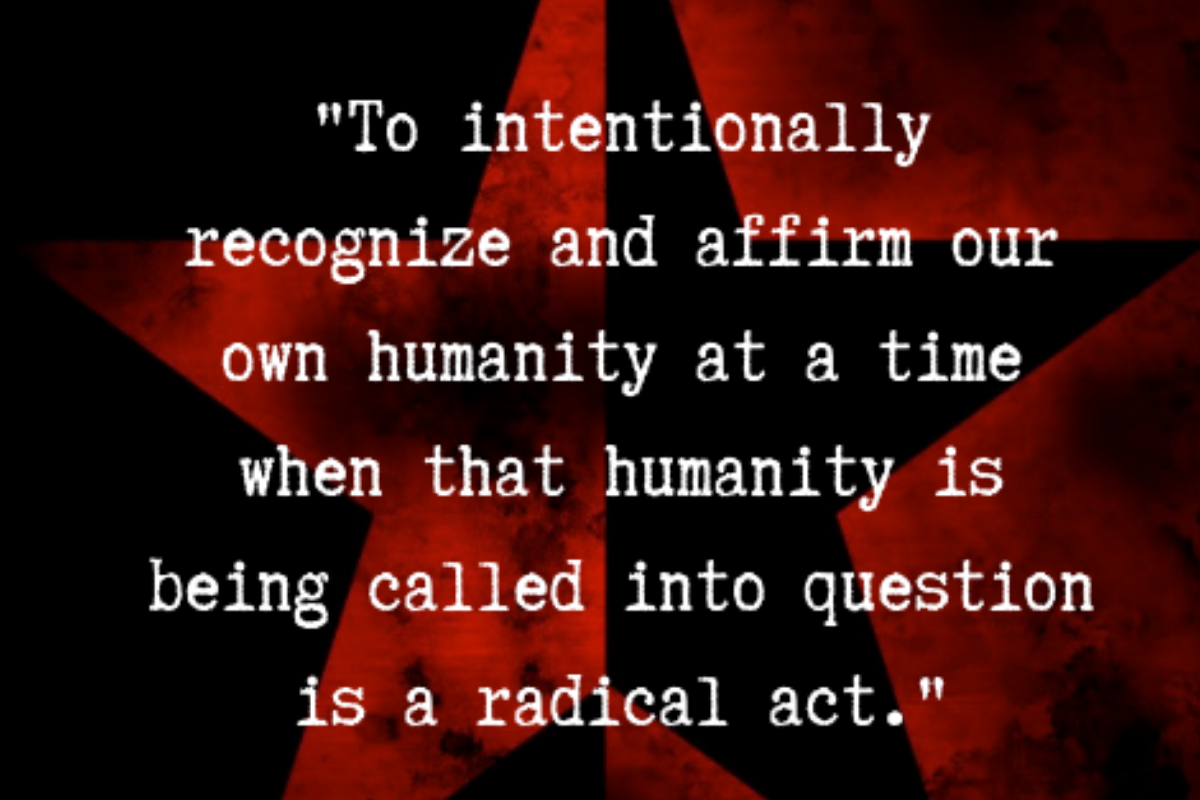

While I prepare myself to go back to school, after nine weeks of summer break, I feel apprehensive. Due to the nature of the work, teaching and learning among working-class and non-dominant populations in southern California, going back to school is kind of like going back to struggle —petty personal disputes for resources because we are given so few within public education and then forced to wrestle for scraps— of time, supplies, physical space. I am trying to armor myself against the inevitable squabbles with my colleagues that arise from too many people forced to share what is clearly not enough. I am trying to prepare myself for the emotional fatigue and burnout I will inevitably experience due to the multiple forms of violence —economic, cultural, political, linguistic, spatial, psychological— my students, my colleagues and I are forced to mitigate on an often-daily basis, as well as the negotiations of our personal and professional lives.
Last school year, a week or so before graduation, a student walked in and handed me a picture of himself. On the back he had written, “Thank you for seeing the good in me.” While I don’t know exactly what it was that I did that allowed him to feel seen by me, I do know that it emerged from an intentional pedagogical practice I have developed over the course of my career to affirm our mutual humanity; to look for small, in-between spaces of joy; to attempt to disrupt deficiency narratives of what life in schools can look like. It is not an easy task to see the good in the midst of what can feel like a constant struggle. Some days I am successful, other days I fail miserably. But I do what I can.
In a current political climate where children and adults are locked in cages, where black and brown bodies walk around with metaphorical targets on their backs, where the very existence of certain bodies is criminalized, the task of seeing the good can seem trite, naïve, shallow even. But to intentionally recognize and affirm our own humanity at a time when that humanity is being called into question is a radical act. And it is within the seemingly ordinary events of life, the politics of the everyday, that transformation can occur.
For those of us who work in academic contexts, our school years run August-May; it makes more sense then, if we engage in the practice of setting resolutions for the new year, to do so now, as the new school year is about to begin. And so, this is my resolution for the new year: within the chaos that is public urban schooling in the U.S., amidst the accommodating of schedules, office space, materials, and emotions, to remember why I am here and why I do what I do—to see the good in my students, my colleagues, and in myself.
***
Rosemary Hendriks is a high school Spanish teacher in Southern California and a lecturer at California State University, Los Angeles.


